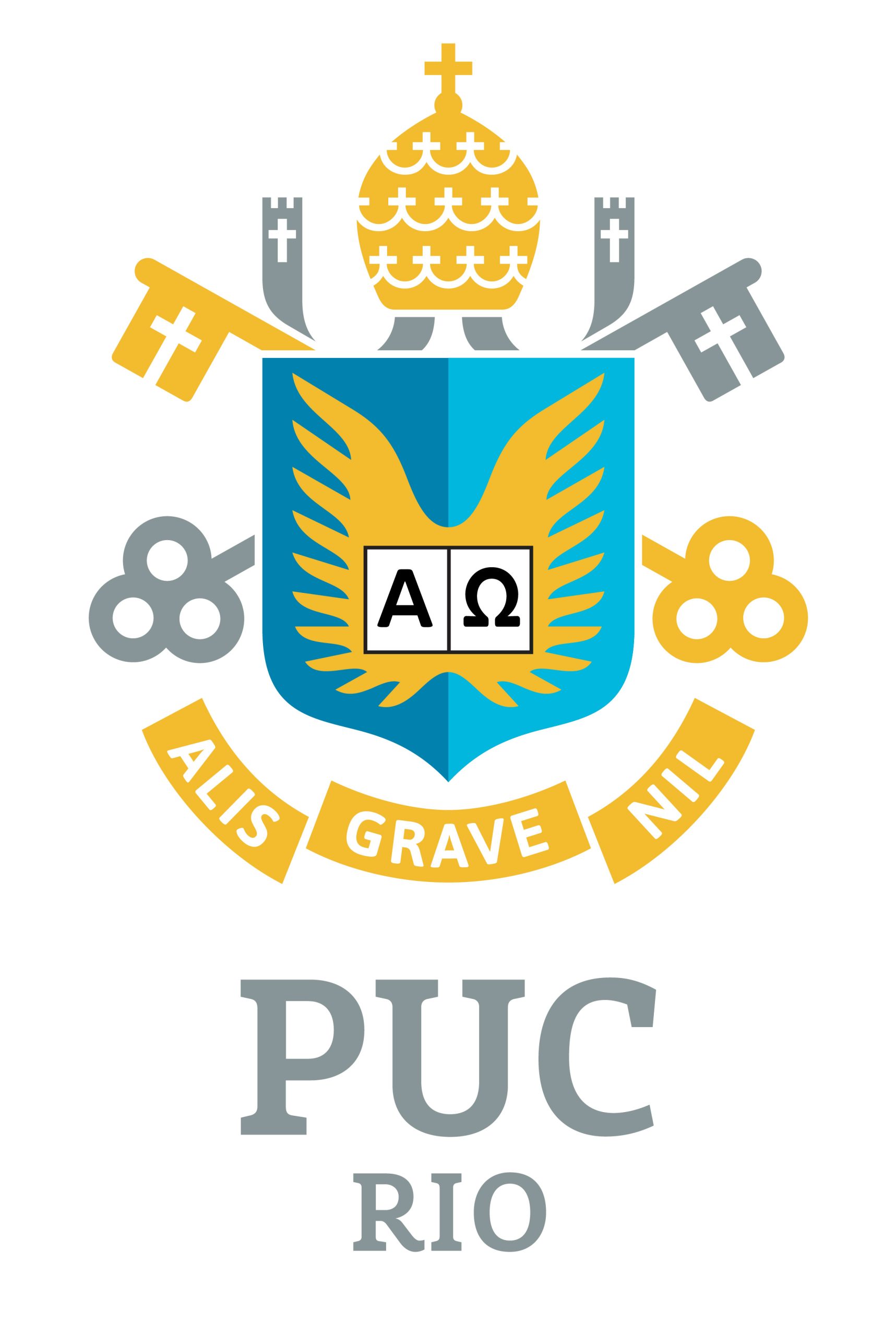Institutional Program for Scholarships in the Introduction to Teaching (PIBID, in Portuguese *)
Instituted by the Ministry of Education (MEC) and managed by CAPES, the PIBID program’s objective is to improve and enhance the training of teachers in the area of elementary education—a challenge that starts off by promoting the exchange of knowledges and practices between the university and the public school. It is made possible thanks to scholarships offered to students enrolled in the Licentiate degree program and teachers in charge of classes in the schools. This is a dialogue that, in the context of PUC-Rio’s Licentiate Degree in History, morphs into the possibility of training teachers of history so that they stand out for their ability to become “authors” of a class. That is so because, if on the one hand there are those who tell stories to their readers by means of written texts, on the other hand there are those who tell their stories to a special audience—the students of a given class—by means of a different kind of text: the history class, produced from the questions formulated on a daily basis. Why tell, whom to tell, what to tell, how to tell? We are the history teachers. By means of diverse practices, both individual and collective, that stress the inextricable and reciprocal connection between those who teach and those who learn, both in universities and in elementary schools, each licentiate must become capable of narrating one, several, many experiences lived by men and women in different times and places.
Tutorial Education Program (Programa de Educação Tutorial – PET)
This federal government program seeks to foster research, teaching, and extension activities at the undergraduate level. The program is under the direction of the Higher Education Secretariat (SESu) of the Ministry of Education (MEC). PET was created in 1979 with the original name of Special Training Program. In 2004 its name was changed to Programa de Educação Tutorial (Tutorial Education Program). According to SESu, its objectives are: “The improvement of teaching at the undergraduate level, the comprehensive education of students, interdisciplinarity, team work, planning and execution in tutored teams of a diversified program of academic activities.” PET offers scholarships to groups of up to 12 undergraduate students. Scholarship holders are encouraged to develop projects and papers related to research, teaching and extension. Historically, PET also works as a way of training for a career in academia. Currently the program boasts 842 groups distributed among 121 institutions of higher education throughout Brazil.
Approved in 2007, PUC-Rio’s History PET program is among the first in the State of Rio de Janeiro, having contributed to the education of dozens of students. The group meets twice a week for the development of its projects and activities. Research-wise, each student develops a paper in the area of his/her interest. In addition, the group holds collective readings of reference texts and works. As for teaching and extension, PET has struck partnerships with several NGOs and schools in order to develop qualifying programs for their students.
Institutional Program of Scholarships for Undergraduate Research Projects (PIBIC)
The History Department fosters undergraduate research activities by offering opportunities for students to take part in scholarly research in several fields of scientific knowledge. CNPq’s PIBIC is one of the most effective programs in this regard. Its aim is to awaken students’ vocation to scientific research and develop new potential talents among the undergraduates.
Research Projects under the direction of History Department faculty boast an expressive and growing level of student participation. Such a greater integration between undergraduate and graduate studies has resulted in remarkable academic gains, as it created conditions for undergraduate students, faculty members and research students enrolled in the Graduate Program in Social History of Culture to interact systematically with each other.
Ever since Program’s outset, undergraduate students have played a significant role in research projects developed by the department’s faculty. In the broader context of the university as a whole, History ranks among the majors offering most PIBIC opportunities to incoming students. Approximately 1/3 of students enrolled in presential undergraduate classes are able of successfully applying for PIBIC scholarships in their multiple modalities. Participation in research activities require students to commit 20 hours per week of their time and to take part in PUC-Rio’s PIBIC day-long conferences, regardless of whether they are holders of PIBIC scholarships or volunteer researchers.
* All achronyms are kept in the original Portuguese for ease of reference.

